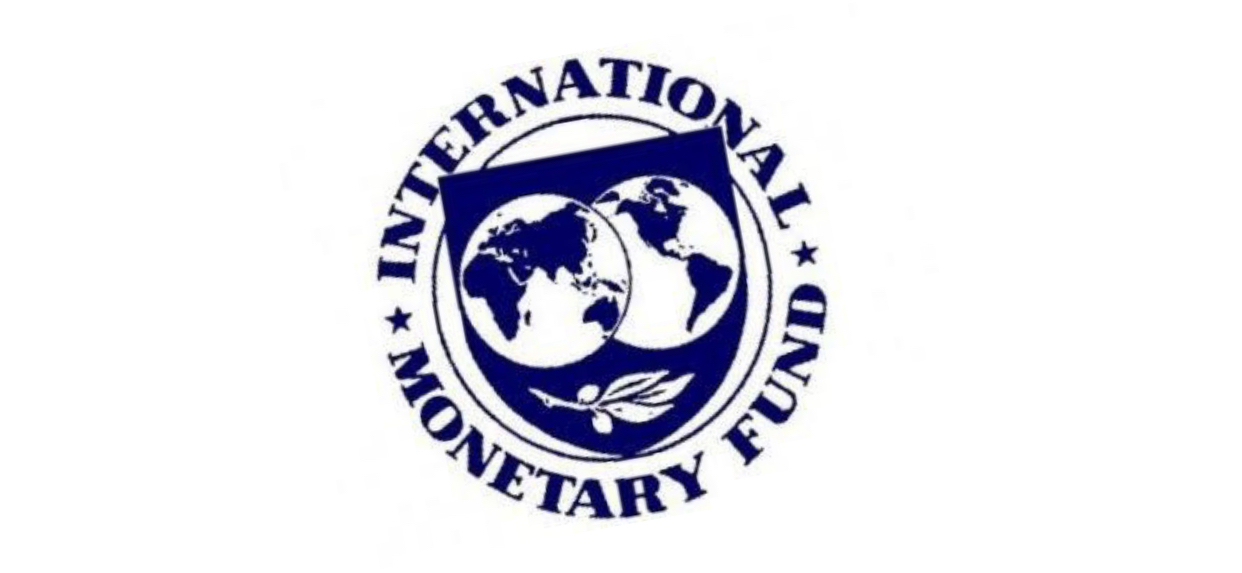Nigeria is projected to return to being the third-largest economy in Africa, according to new International Monetary Fund (IMF) projections, marking a significant turnaround.
Over the past decades, Nigeria dropped from first place to fourth in terms of nominal GDP, which reflected the impact of prolonged economic tricks.
According to the IMF’s 2026 nominal GDP outlook, South Africa is projected to remain Africa’s largest economy with about $443.64 billion, followed by Egypt at $399.51 billion and Nigeria close behind with $334.34 billion.
Nigeria’s recovery came despite the country missing from the list of Africa’s fastest-growing economies alongside Benin, Côte d’Ivoire, Ethiopia, Rwanda, and Uganda, due to stronger fiscal reforms and stable macroeconomic policies.
Speaking during the launch of Sub-Saharan Africa’s latest Regional Economic Outlook, the director of the IMF’s African Department, Abebe Selassie, said the overall growth in the region is expected to stabilise at 4.1 per cent in 2025, highlighting some modest pickup in 2026, which is linked to macro stabilisation and reform efforts in key economies.
“Six months ago, our assessment highlighted the region’s strong efforts and that growth had exceeded expectations last year,” Mr Selassie explained.
“But we also noted sudden realignment of global priorities and increasing turbulent external conditions, marked by weaker demand, softer commodity prices, and tighter financial markets. Today, these global headwinds continue to test the region’s recovery and resilience.”
He added that the projected economic growth in the region reflects ongoing progress in macroeconomic stabilisation and reform efforts across the major economies.
Recent policies, including the removal of fuel subsidies, efforts to stabilise the naira, and increased oil production, have resulted in a more optimistic medium-term outlook for the country. However, these policies have plunged Nigerians into untold hardship.
Despite the IMF forecasting Nigeria’s economy to expand by 3.9 per cent in 2025, pressures from inflation, foreign exchange instability, and productivity bottlenecks continue to demand tough policy decisions.
The IMF projections revealed that Nigeria’s economic reforms must result in sustained and tangible growth, competitiveness, and improved living standards if the country intends to retain and improve its new standing.

